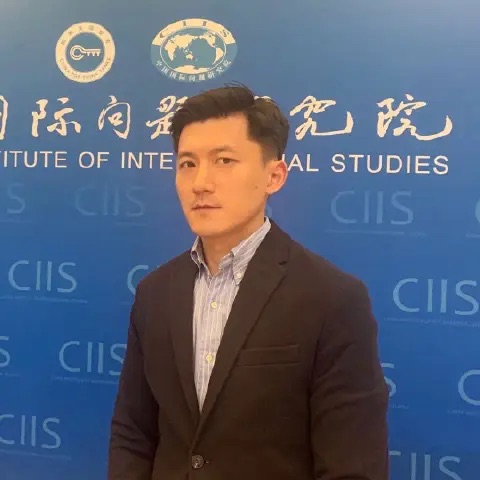China rejuvenating Bandung Spirit for global good


As this year marks the 70th anniversary of the Bandung Conference, China is reinvigorating the Bandung Spirit with modern relevance and strengthening solidarity with developing nations to build a community of shared future for mankind, said Xiang Haoyu, a distinguished research fellow at the China Institute of International Studies.
The historic Asian-African Conference, also known as the Bandung Conference, was held in Bandung, Indonesia, on April 18, 1955. Leaders and representatives of 29 Asian and African countries, which had just won independence after decades of being ruthlessly deprived by Western colonists, proposed the Bandung Spirit with "solidarity, friendship and cooperation" at the core.
Xiang noted that China has innovatively developed the Bandung Spirit both in practical approaches and theoretical dimensions, building on its core principles while adapting to the evolving international landscape of the new era.
For example, he said China has put forward initiatives such as the Global Development Initiative, the Global Security Initiative, and the Global Civilization Initiative, aiming to promote an equal and orderly multipolar world and an inclusive economic globalization that benefits all.
"Amid hegemony, unilateralism, and developmental imbalances, China, a key member of the Global South and a major world power, shoulders responsibilities to steer global governance in the right direction," he said.
On security, Xiang emphasized China's vision of common, comprehensive, cooperative, and sustainable security to create a harmonious global environment.
For development, he said that China promotes inclusive growth through high-quality Belt and Road cooperation, boosting investments in infrastructure, digital economy, and green transformation to propel the overall progress of the Global South. Over 150 countries and 30 international organizations have joined the initiative.
In November 2024, China announced eight actions for global development, including a $20 billion development fund to support developing countries in cooperation concerning poverty reduction, food security, and the digital economy.
China also leads Global South nations in shaping rules for emerging fields like artificial intelligence and the digital economy, reducing development gaps and amplifying their global influence, he added.
"Beijing promotes exchanges and mutual learning among civilizations, moving beyond Western-centric values," Xiang said, highlighting that China's commitment to upholding humanity's shared values—peace, development, equity, justice, democracy, and freedom—aligns with the broader trend of globalization and the common interests of all people.
Xiang underscored the Global South's rising influence, contributing over 40 percent of global GDP and as much as 80 percent of global economic growth, transitioning from passive rule-takers to active global governance participants.
China has called for strengthened South-North cooperation to foster a more equitable and balanced global partnership, as it is unsustainable for some nations to grow increasingly wealthy while others remain in poverty.
Xiang, the scholar, urged developed countries to abandon zero-sum mentality, take the lead in eliminating trade barriers, fully honor their development aid commitments, and support the Global South in such areas as poverty reduction and climate change adaptation.

































